April 13, 2025 | 20:06 GMT +7
April 13, 2025 | 20:06 GMT +7
Hotline: 0913.378.918
April 13, 2025 | 20:06 GMT +7
Hotline: 0913.378.918
"We frequently think too much about the price of changes while hardly ever taking into account the cost of staying the same. And we keep in mind that while change is difficult, it will be much more difficult if we remain the same."
- Carolyn Turk – Country Director for Viet Nam, World Bank -
The Project “Sustainable development of 1 million hectares of high-quality rice associated with green growth in the Mekong Delta” is considered as a significant change in the rice sector in the biggest rice basket in Viet Nam.
How should we decide when we encounter the change? Rejection, procrastination, or proactive adaptation?
There is no doubt that farmers would keep producing rice, enterprises would continue to sell rice, and Viet Nam would still be able to remains at the top of the world in rice export owing to the advantages of high productivity, massive production, and global market, which has positioned Viet Nam as a stable rice supplier for many years.
Firstly, three external changes are increasingly affecting agriculture, including the rice sector in the Mekong Delta: climate change, market fluctuations, and changes in the global consumption trends.
Climate change, extreme weather, and the depletion of water resources will certainly increase production costs when implementing conventional farming methods, leading to an increase of input costs and making it challenging to improve farmer’s income.
Market fluctuation is more unpredictable as many rice-importing countries are developing self-reliance strategies to ensure national food security in the face of more frequent supply disruptions.
The direction of inclusive growth and the green economy coincides with changes in the global consumption trends. Consumers are asking more about traceability, maintaining public health, safeguarding the natural environment, conserving biodiversity, and lowering the greenhouse effect, in addition to price, output, quality, and market demand.
Secondly, the Mekong Delta is a key rice production area of the country. However, the income of rice farmers is still lower than that of farmers producing other types of agricultural products, like fruit trees and aquatic products. This is evidenced by the transformation of farmers from growing rice to other crops.
Thirdly, agricultural farmers, including rice farmers, have low income, leading to the situation of “leaving agriculture, leaving hometown”. If there is no synchronized solution to this issue, agriculture, farmers, and rural communities will suffer from many negative effects.
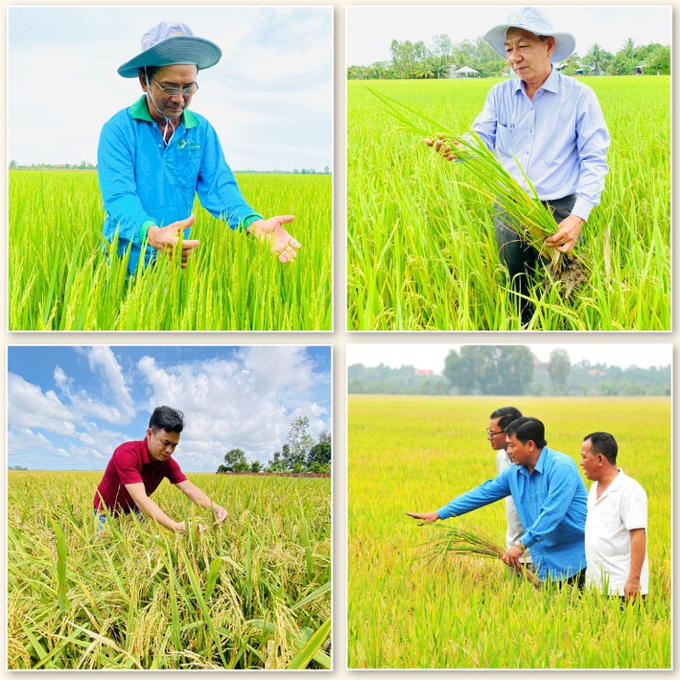
The rice sector in the Mekong Delta is still affected by the bottleneck of “fragmented land, small scale, spontaneous production". Thus, the Project aims to reorganize production, establish farmer groups, give priority to the growth of collective economies and cooperatives, and construct a commodities ecosystem with the help of enterprises and domestic and international specialists in improving community capacity.
The Project intends to focus on the combination of output and quality improvement as a replacement for productivity and output. Quality requirements need to ensure the following criteria: using certified varieties, applying sustainable farming processes, meeting the requirement of applying technology in harvesting and post-harvesting processes, using planting area codes and ensuring tracibility.
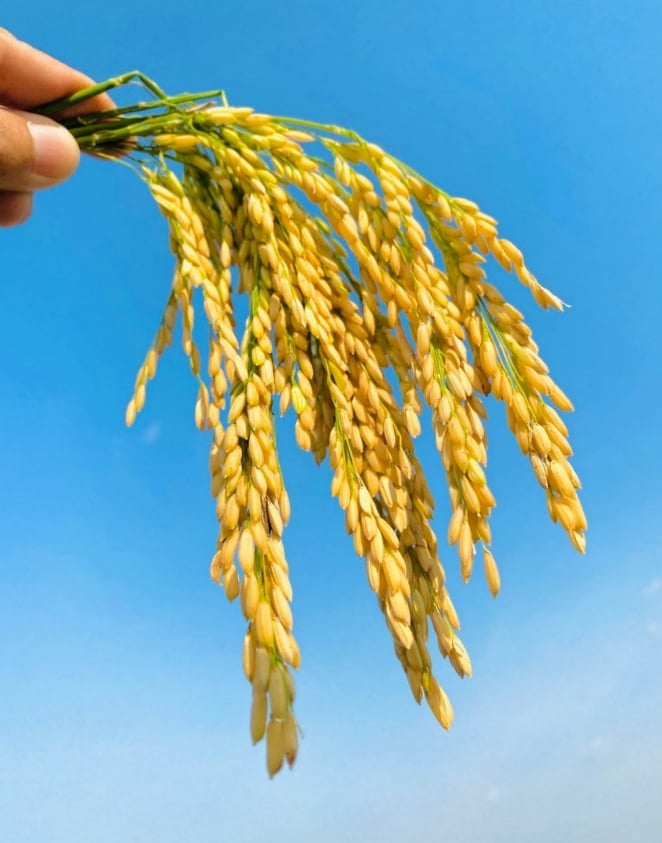
The Project establishes an integrated growth target with multiple values that is attached to green growth and circular agriculture, moving from single-value growth with the price of rice grain as the target. In a circular economy, farming entails not only earning income from a primary agricultural product but also utilizing all the benefits that crops provide.
While the world is moving towards professional agriculture, rice production and trade in the Mekong Delta are still fragmented. As a result, the Project pinpoints the objective of professionalizing the rice sector, which entails assembling a group of skilled farmers, enhancing farmers' knowledge, and enhancing the management capabilities of farmer organizations and agricultural cooperatives that can sustainably cooperate with businesses.
Millions of farmers in the Mekong Delta still rely on the rice business for their livelihoods, and their income is still heavily reliant on rice. Thus, the Project describes the goal of creating a wider and more inclusive development space. As a result, it will create more job opportunities and increase income for rice farmers in rural area. Besides, rice farmers will then participate more actively and proactively in the rice value chain at the right stages through various types of collaboration and association, thanks to support policies from the Government, enterprises, international donors, and non-governmental organizations.
The Project focus on the objective of synchronous access to the policy system such as Resolution 120/NQ-CP on sustainable and climate-resilient development of the Mekong Delta, and Resolution 78/NQ-CP promulgates the Government's action plan to implement Resolution 13/NQ-TW dated April 2, 2022, of the Politburo on the direction of socio-economic development and assurance of regional defense and security in the Mekong Delta to 2030, vision to 2045. As a result, management can be synchronized, from central to local, in terms of market orientation, credit policy, security policy, etc.
The Project has the goal of connecting the rice sector in the region by overcoming the partition of production space by administrative boundaries. Specifically, developing rice-based clusters, building agricultural technical service centers at district, inter-district, and regional levels, that have the function of providing agricultural extension, assisting farmers in accessing mechanization, guiding the application of digital transformation, promoting, connecting to the market, providing knowledge of green economy, circular agriculture, skills to help farmers increase productivity, etc.
In order to proactively adapt to the impacts of climate change, overcome limitations and consequences of land degradation, the natural environment, and the biodiversity of traditional farming practices, the Project aims to achieve the goal of creating a transparent, responsible, and sustainable rice sector, and is a foundation for creating the Mekong Delta rice brandname.
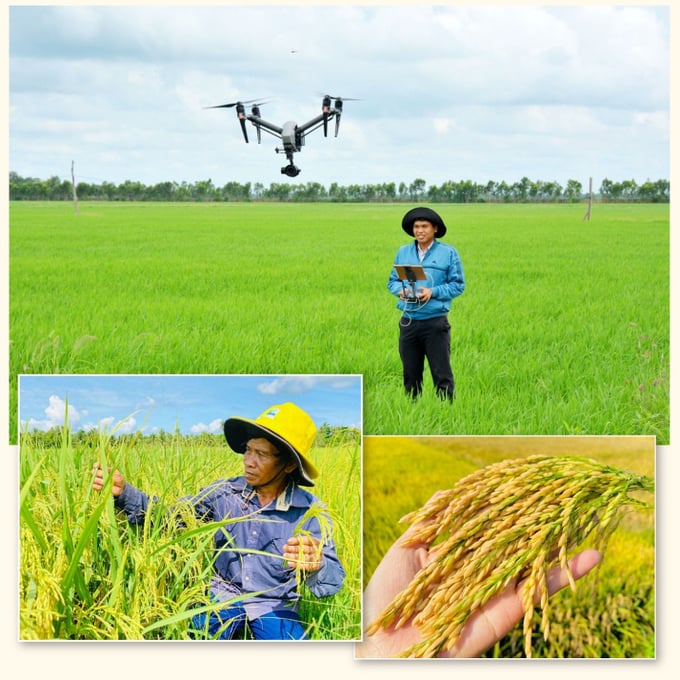
First of all, it should be consistently determined that the project has multiple objectives. However, the way of operation, establishing clear milestones and progress that can be periodically measured and evaluated; can be adjusted in accordance with the market in the short term, but must be persistent with long-term goals. The project places a strong emphasis on the inventiveness of regional localities based on practices.
Next, it is necessary to expand the stakeholders involved in the development, implementation, and regular evaluation, etc.: Central and local agencies, public and private sectors, enterprises and farmers, associations and farmers' organizations, cooperatives, experts, donors, international organizations, media agencies, etc.
Specifically, it is necessary to understand that the Project not only has technical factors but also integrates a variety of socio-economic aspects. In which, the farmer who has the capacity to cooperate is the center; enterprises have the role of linking, connecting, and leading the market; experts and scientists recommend and guide the application of standardization; the Government plays the role of initiating and supporting through policy instruments; the localities play the role of integrating resources and especially being creative in the implementation, etc.
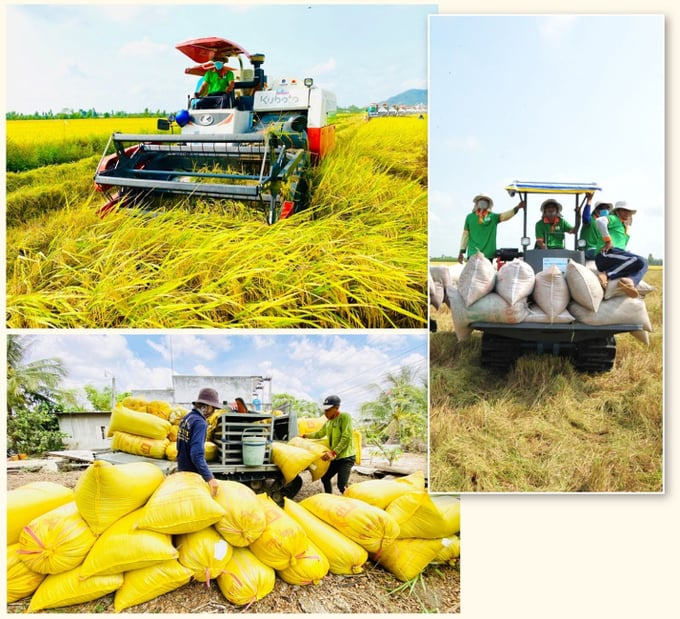
Pictures: Lê Hoàng Vũ
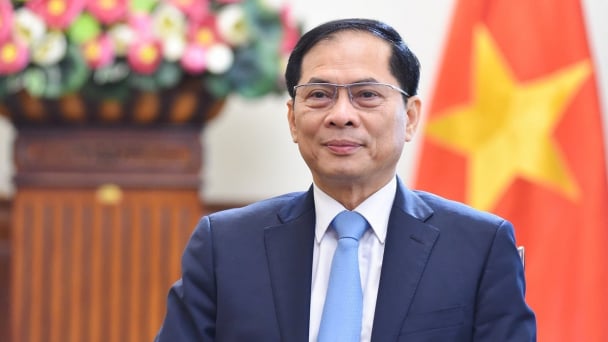
(VAN) According to Deputy Prime Minister Bui Thanh Son, through this P4G Summit, Vietnam aims to convey the message of transforming its growth model towards rapid and sustainable development.
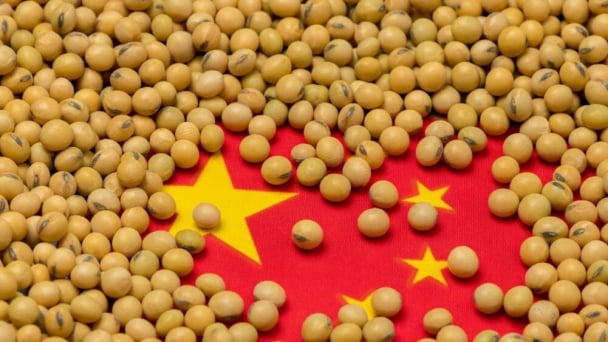
(VAN) Soybean production has been a priority for China to ensure food security, with increased soybean cultivation and yields highlighted in the annual No. 1 Central document.
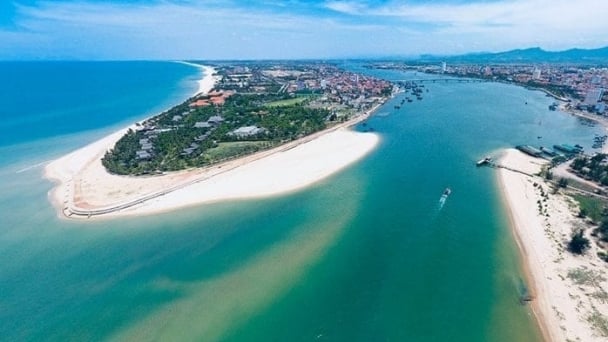
(VAN) Vietnam Sea and Islands Week 2025 is expected to take place in Quang Binh, featuring a series of meaningful activities aimed at protecting the ocean through green technology solutions.
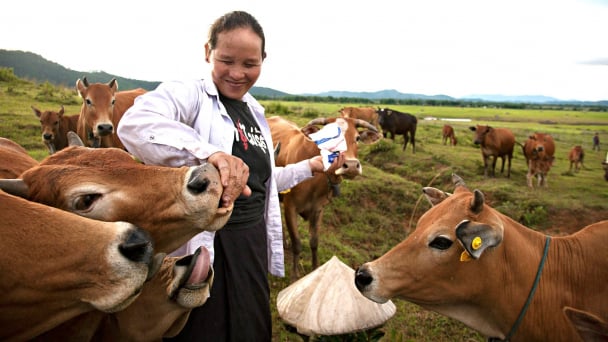
(VAN) The One Health approach is no longer merely an option, as increasingly complex challenges confront health and food systems.
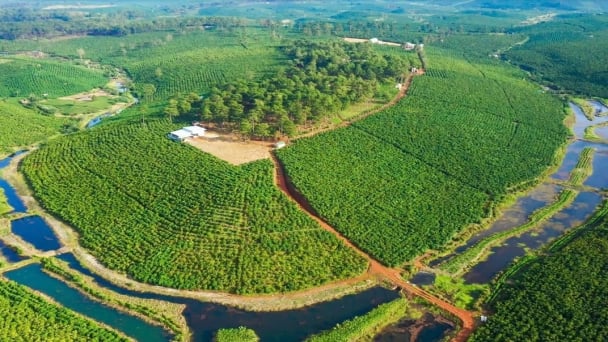
(VAN) The project promoting sustainable coffee production, with a focus on waste management and raising farmers’ awareness, has achieved many positive results after nearly two years of implementation.
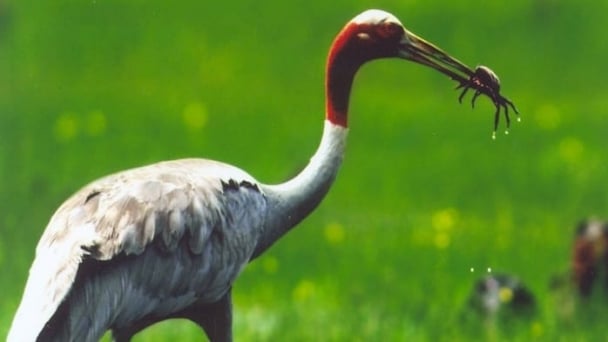
(VAN) Transferring and receiving 6 individuals of the red-crowned crane from Thailand to Vietnam marks a significant milestone in the conservation efforts for this species.
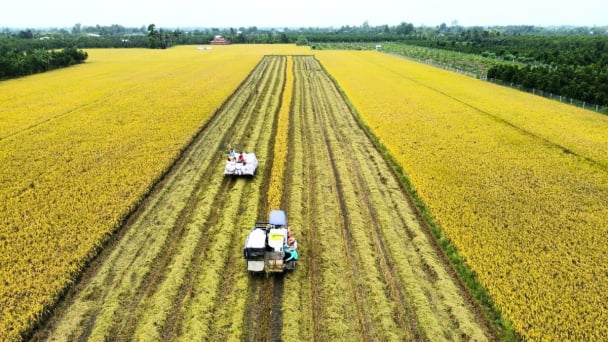
(VAN) After more than a year of implementation, the One Million Hectares of High-Quality, Low-Emission Rice project has completed the first steps, but it needs breakthrough solutions to deepen impacts in the upcoming phase.